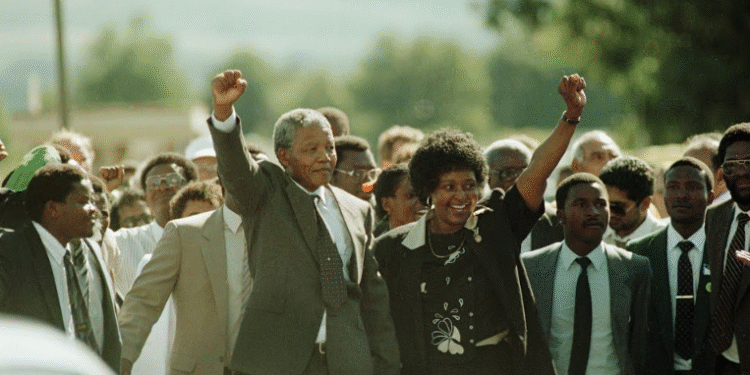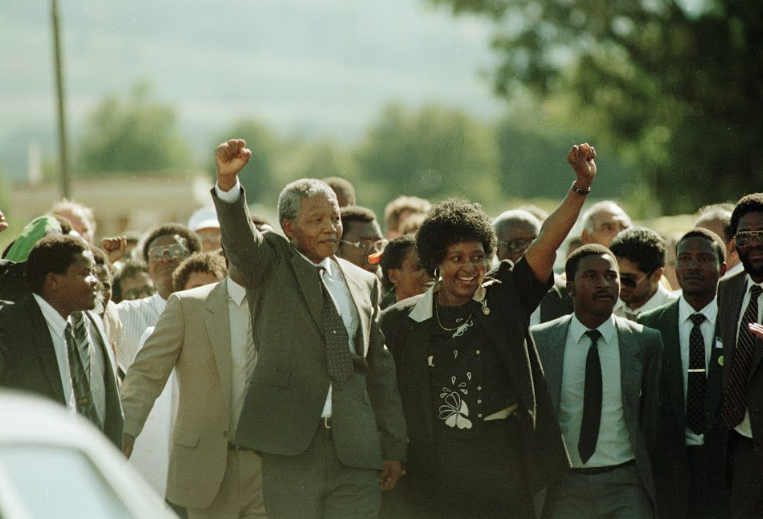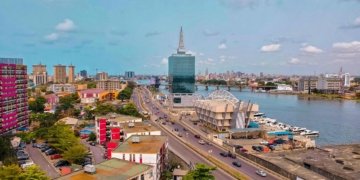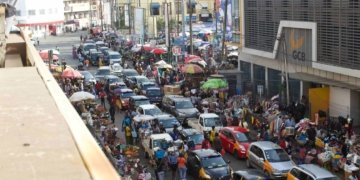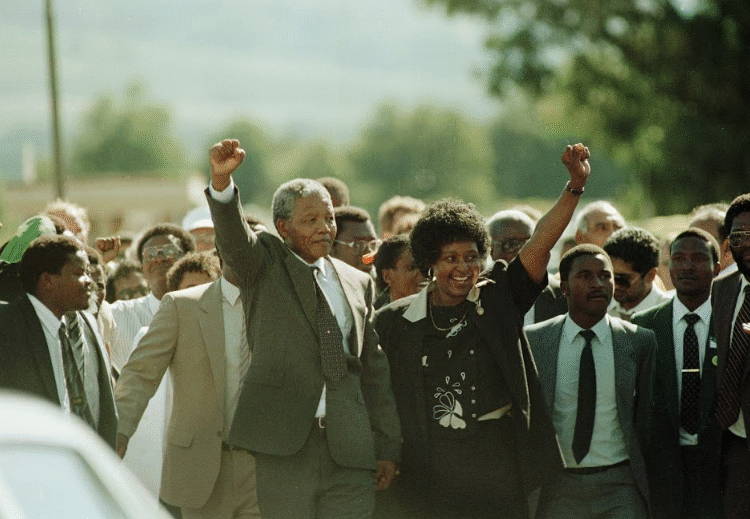JOHANNESBURG, South Africa (BG) — Thirty-five years ago, on February 11, 1990, Nelson Mandela stepped out of Victor Verster Prison, raising his fist.
After 27 years behind bars, he was free—but his fight was far from over.
His release was a turning point in South Africa’s struggle against apartheid, the brutal system of racial segregation that had oppressed millions.
Yet, instead of seeking vengeance, Mandela chose a different path—reconciliation, peace, and unity.
‘An Ideal for Which I Am Prepared to Die’
Mandela’s freedom was decades in the making. Arrested in 1962 for his resistance to apartheid, he was sentenced to life imprisonment in 1964 alongside other anti-apartheid activists.
Speaking at his trial in Pretoria, he delivered words that would echo through history:
“During my lifetime I have dedicated myself to this struggle of the African people. I have fought against white domination, and I have fought against black domination. I have cherished the ideal of a democratic and free society in which all persons live together in harmony and with equal opportunities. It is an ideal which I hope to live for and to achieve. But if needs be, it is an ideal for which I am prepared to die.”
For decades, apartheid forced Black South Africans into second-class citizenship—segregated in schools, neighborhoods, workplaces, and daily life.
But Mandela’s release marked the beginning of the end. His freedom meant that change was not just coming—it was inevitable.
From Prisoner to President
Nine days before Mandela’s release, South African President F.W. de Klerk lifted the ban on the African National Congress (ANC), setting the stage for negotiations to dismantle apartheid.
Over the next four years, Mandela played a key role in those talks, ensuring the transition to democracy remained peaceful.
In April 1994, South Africans of all races voted in the country’s first democratic elections.
The result was historic: Mandela was elected South Africa’s first Black president.
“The time for the healing of the wounds has come. The moment to bridge the chasms that divide us has come. Never, never and never again shall it be that this beautiful land will again experience the oppression of one by another and suffer the indignity of being the skunk of the world. Let freedom reign. The sun shall never set on so glorious a human achievement!” — Mandela’s inaugural speech, May 10, 1994
Choosing Unity Over Revenge
Many expected Mandela to seek retribution for apartheid’s injustices. Instead, he chose reconciliation.
He established the Truth and Reconciliation Commission (TRC) to acknowledge past atrocities while promoting healing.
His message of unity became powerfully clear in 1995 when he wore the Springbok rugby jersey—a symbol of white South African identity—at the Rugby World Cup final.
The moment proved that the country could move forward together.
Reflecting on his freedom, Mandela later said:
“As I walked out the door toward the gate that would lead to my freedom, I knew if I didn’t leave my bitterness and hatred behind, I’d still be in prison.”
A Legacy That Lives On
Mandela remained a global symbol of justice and peace until his passing on Dec. 5, 2013, at 95.
His fight was never just for South Africa—it was for humanity. His words at the Organisation of African Unity (OAU) summit in 1994 underscored his lifelong belief in collective freedom:
“Africa shed her blood and surrendered the lives of her children so that all her children could be free… If freedom was the crown which the fighters of liberation sought to place on the head of Mother Africa, let the upliftment, the happiness, prosperity, and comfort of her children be the jewel of the crown.”
Today, 35 years after Mandela’s release, his legacy continues to inspire.
His journey from prisoner to president proved that even the most oppressive systems can be dismantled, and that leadership is not about power—but about uniting and uplifting others.
His freedom was not just his own. It was a victory for South Africa, Africa and the World.
